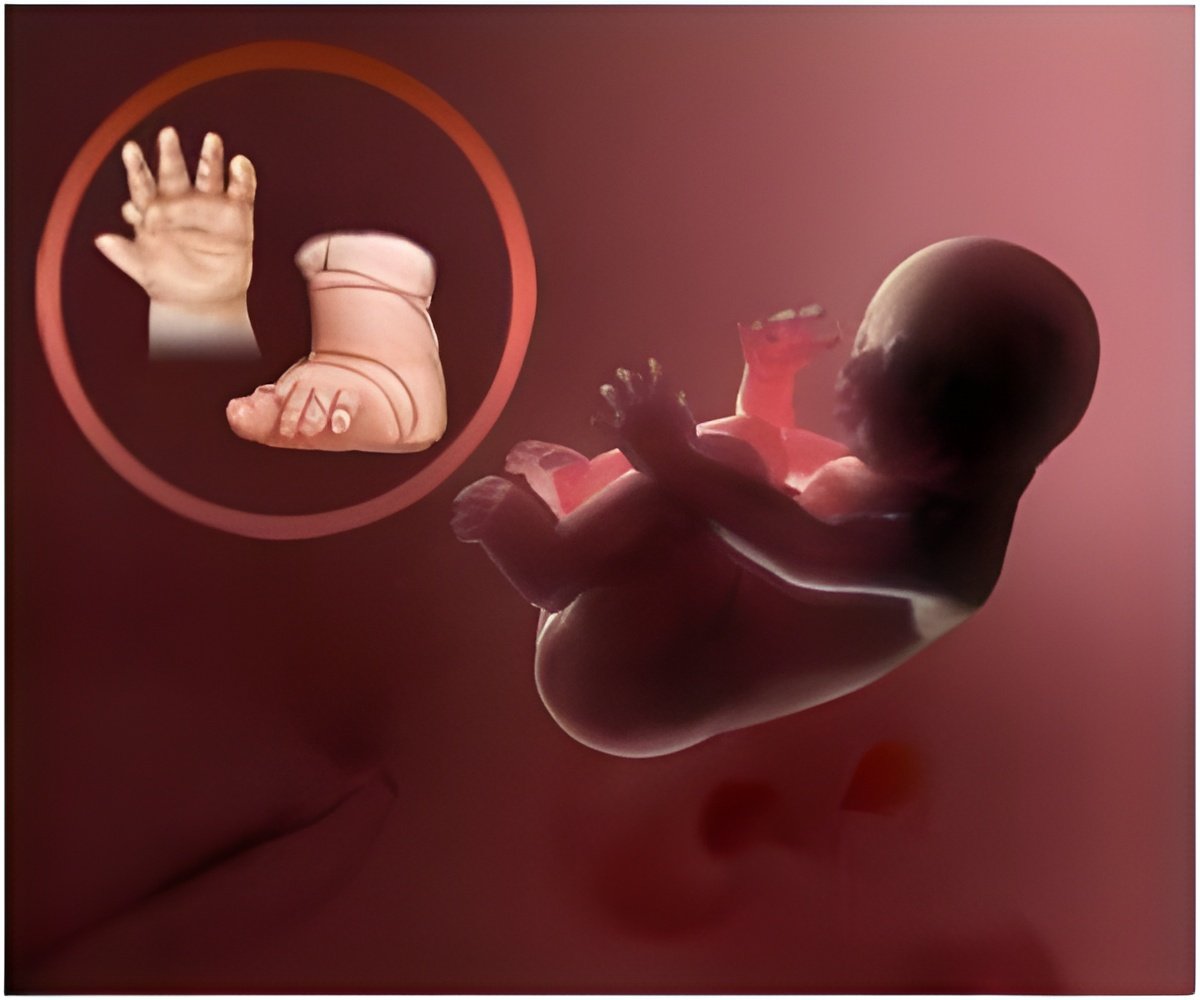
Researchers found that a specific gene mutation, combined with low oxygen, or hypoxia, during pregnancy increased tenfold the likelihood of a spine defect called congenital scoliosis.
While the potential for hypoxia to disrupt embryo development has been known for almost two centuries, it is the first time that gene mutations have been identified for congenital scoliosis, a condition which affects about one in 1000 newborns.
According to the head of VCCRI's embryology laboratory, Sally Dunwoodie, researchers decided to merge the two in animal models.
Mice exposed to the gene mutation and periods of low oxygen were 10 times more likely to have offspring with spine defects, Professor Dunwoodie told AAP.
"We've really hit on a pathway that is important for making vertebrae," she said.
Advertisement
"We suspect that an environmental insult such as hypoxia could impact on the development of those other regions or other organ systems in the embryo," Prof Dunwoodie said.
Advertisement
Only 10 to 20 per cent of all birth defects were explained, she said.
Prof Dunwoodie asserted that the findings implied that women could now be tested for a genetic predisposition to congenital scoliosis, and also modify their lifestyle during pregnancy, especially if there is a family history of birth defects.
"Women need to be mindful of environmental factors that might impact on the development of their embryo," Prof Dunwoodie added.
The study has been published in the international journal Cell.
Source-ANI












